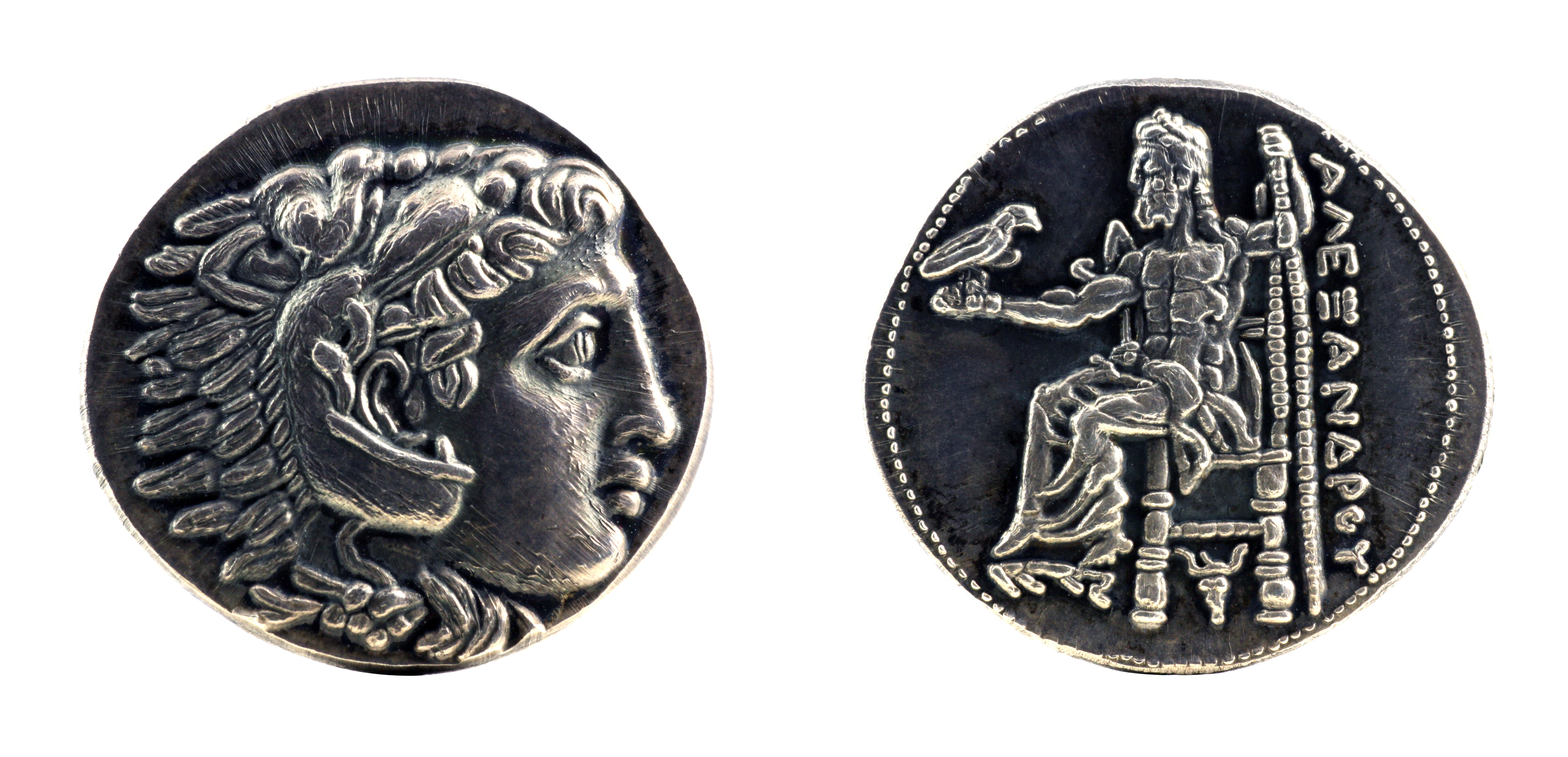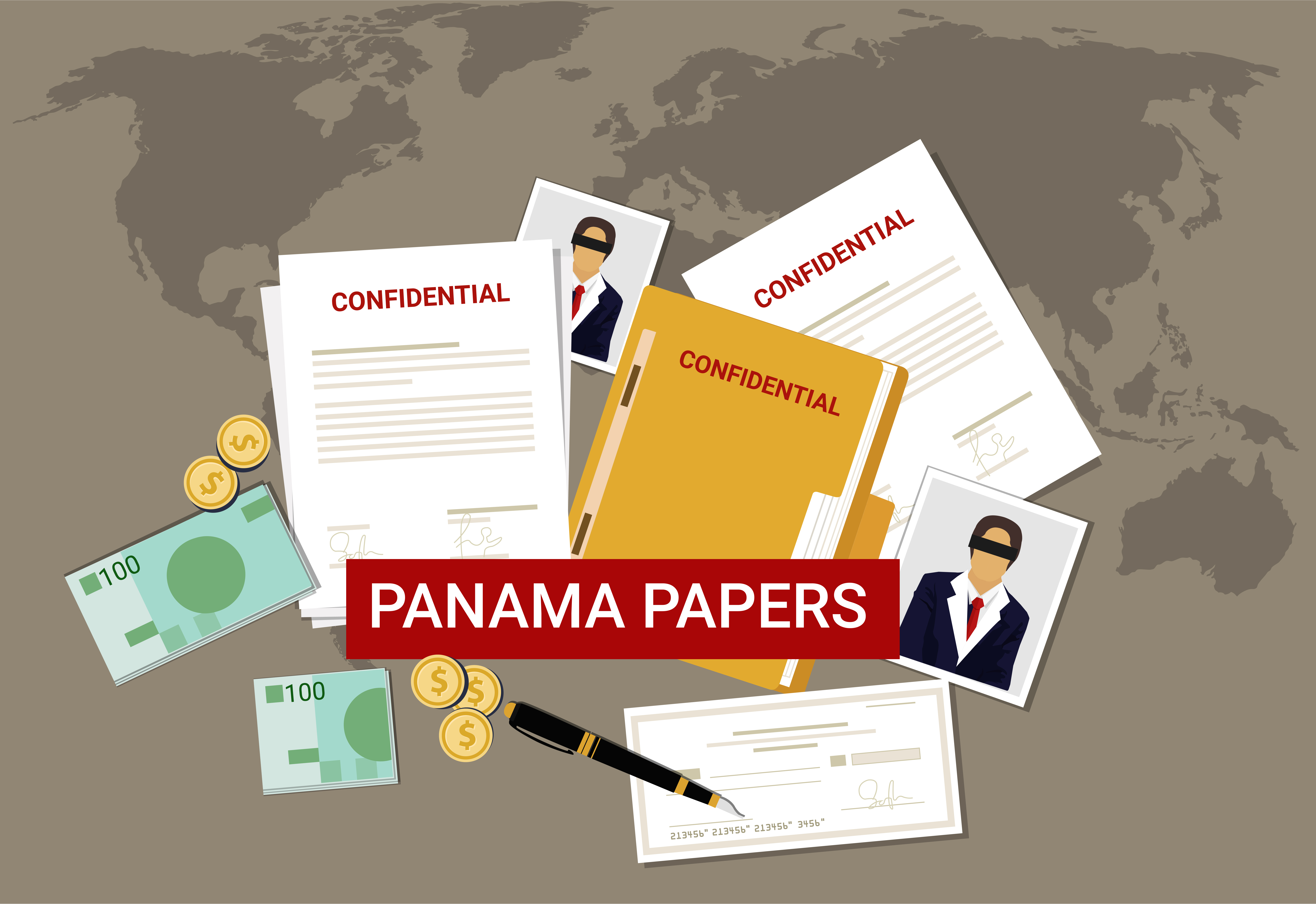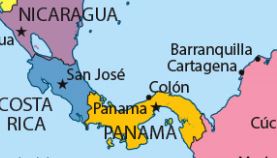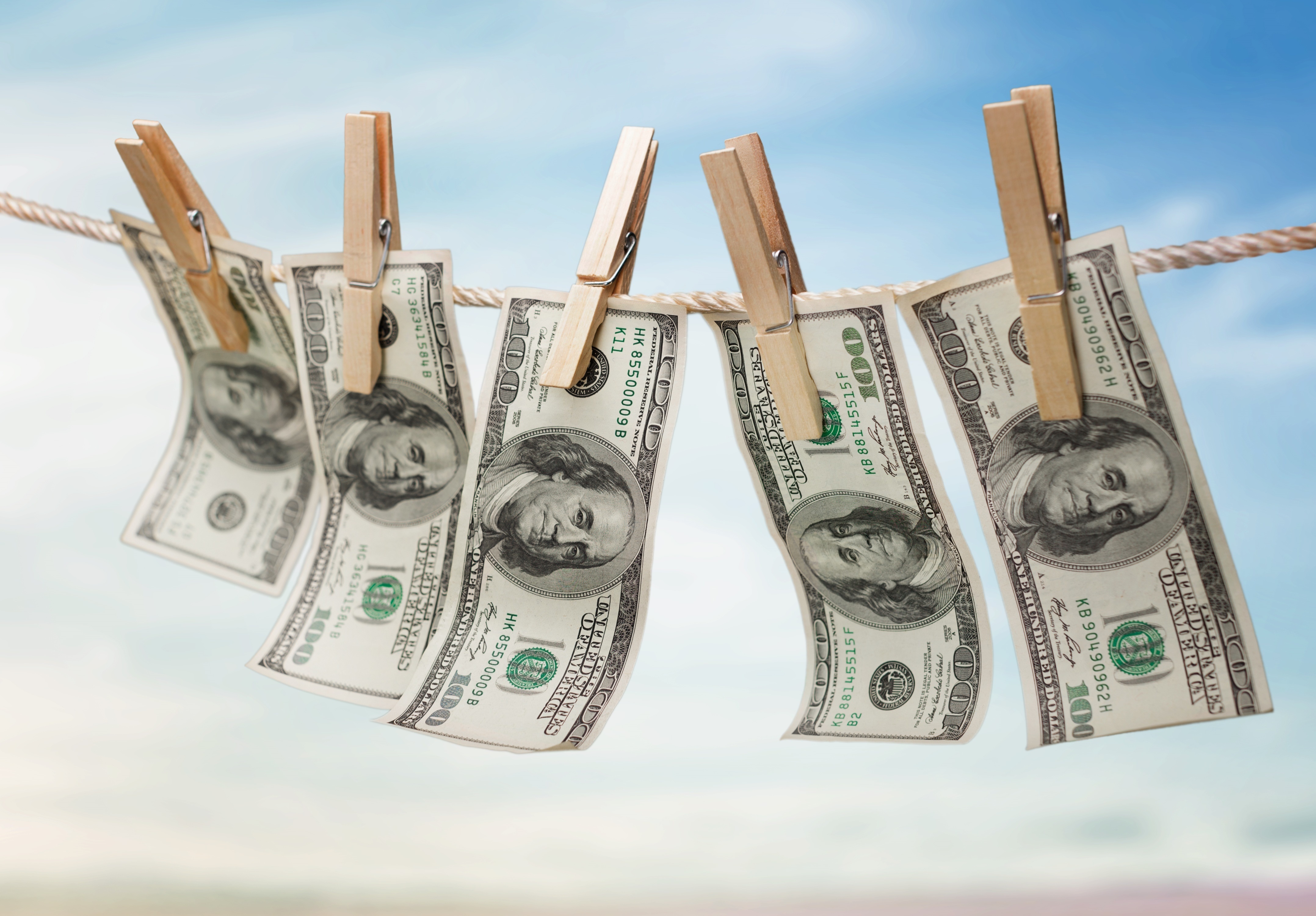So, how can we compare today’s wages with 100 years or 2,300 years ago?
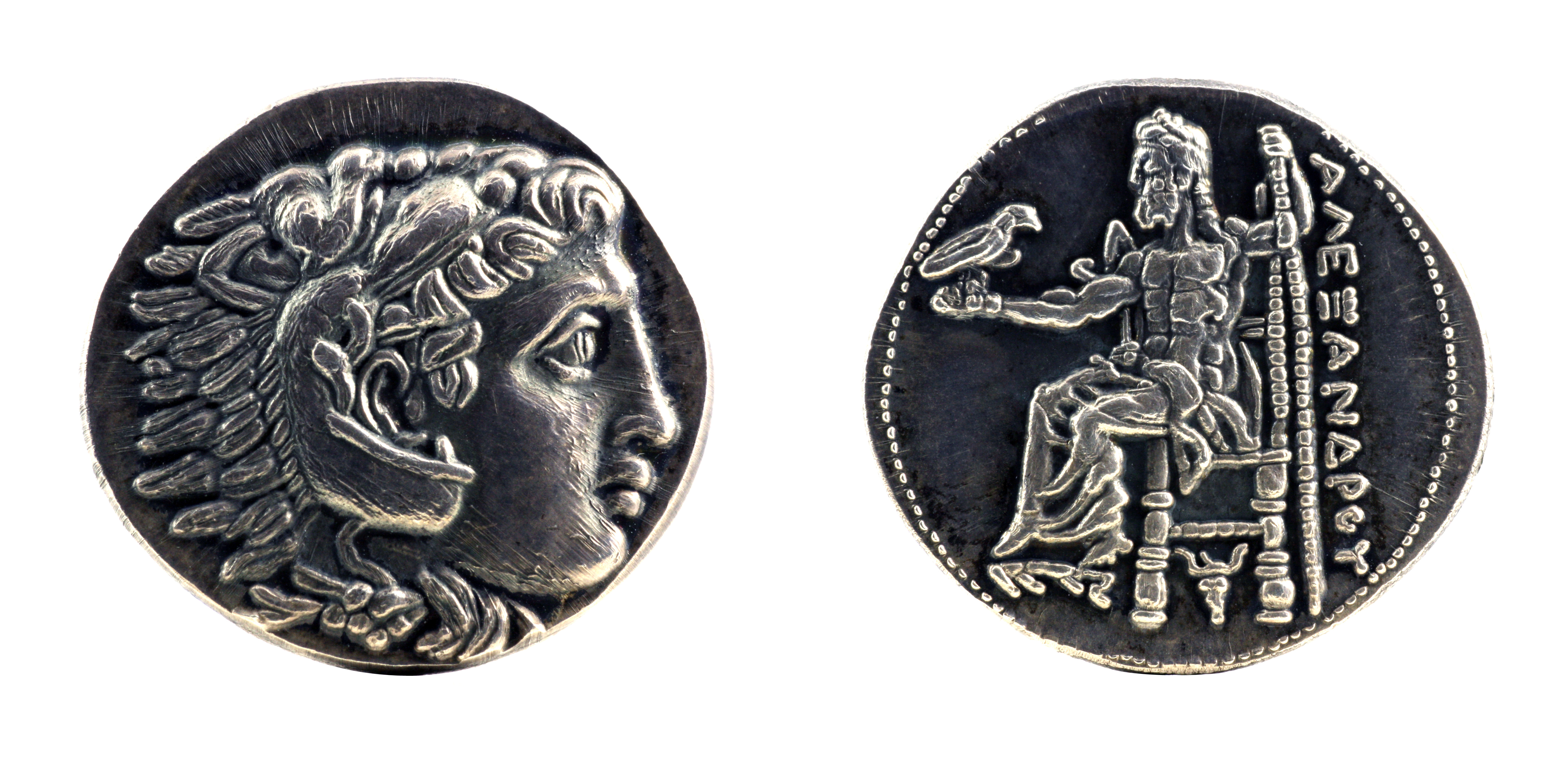
The following numbers are based on purchasing power parity, which is a tool economists use to compare countries across currencies and across time.
Average income across the planet is now $33 a day, which is also about equal to average income in Brazil today or in the US back in 1941.
Income in places like the US and Sweden are 3 or 4 times the planet average.
Average income per person was about $3 a day from about 1800 all the way back until humans first appeared on the planet. Dr. McCloskey says daily income sometimes in some places rose to $6 or $8 for a while but slipped back to the $3 range.
For illustration of what $3 per day looks like, consider Haiti or Afghanistan. In those two places, the current PPP income is $3.
So where does that leave us for a comparison? Consider this purchasing power parity analysis.
- $3 – For all of history until about 1800 average daily income was about $3.
- $33 – Today average income is about $33 in Brazil or a worldwide average.
- $132 – Today average income in the US and Sweden is 3 or 4 times higher than the world average. The specific days point is $132 a day in the US in 2011.
Going from $3 to $132 is an increase by a factor of 44.
…
So, how can we compare today’s wages with 100 years or 2,300 years ago?Read More »
So, how can we compare today’s wages with 100 years or 2,300 years ago? Read More »


